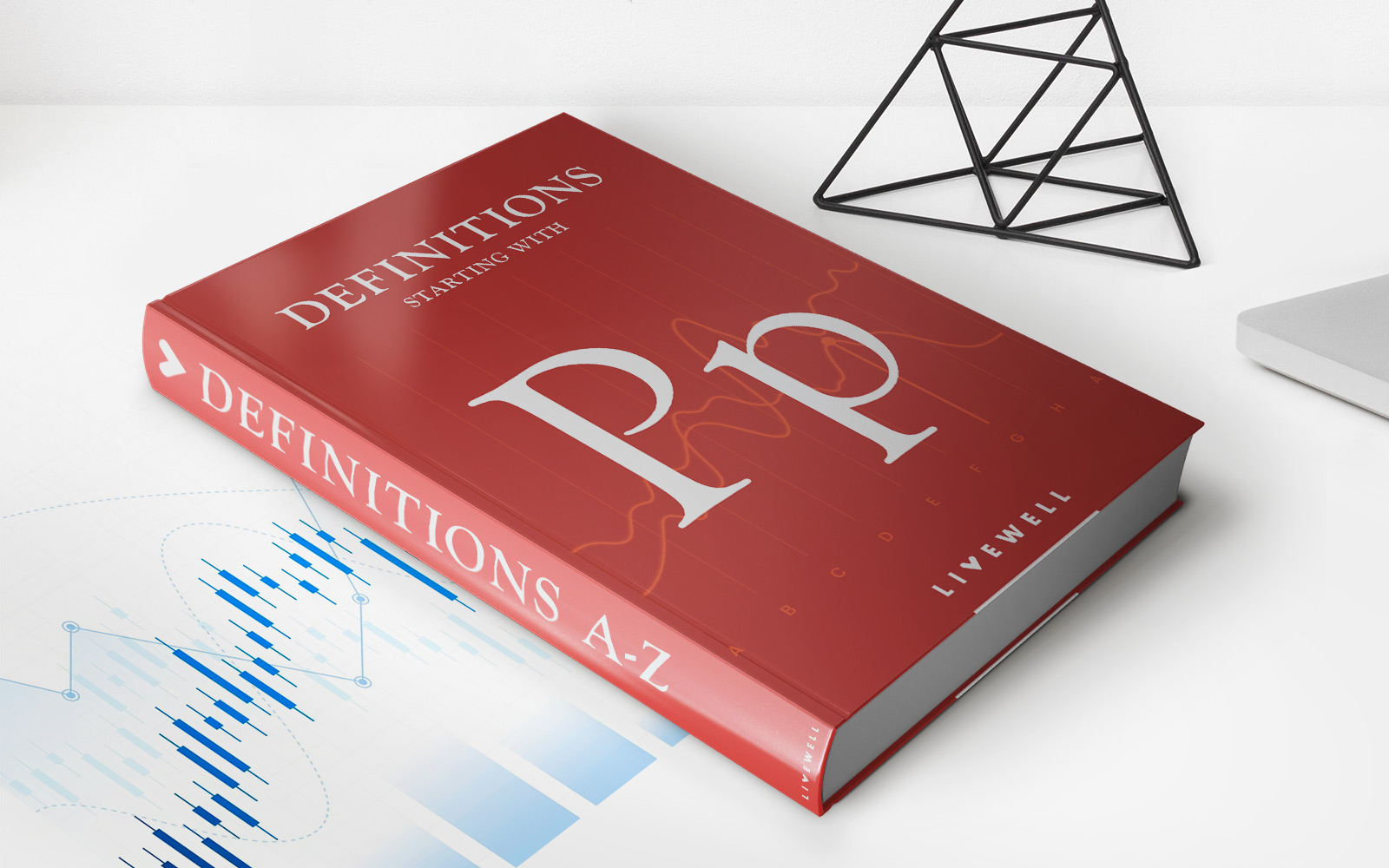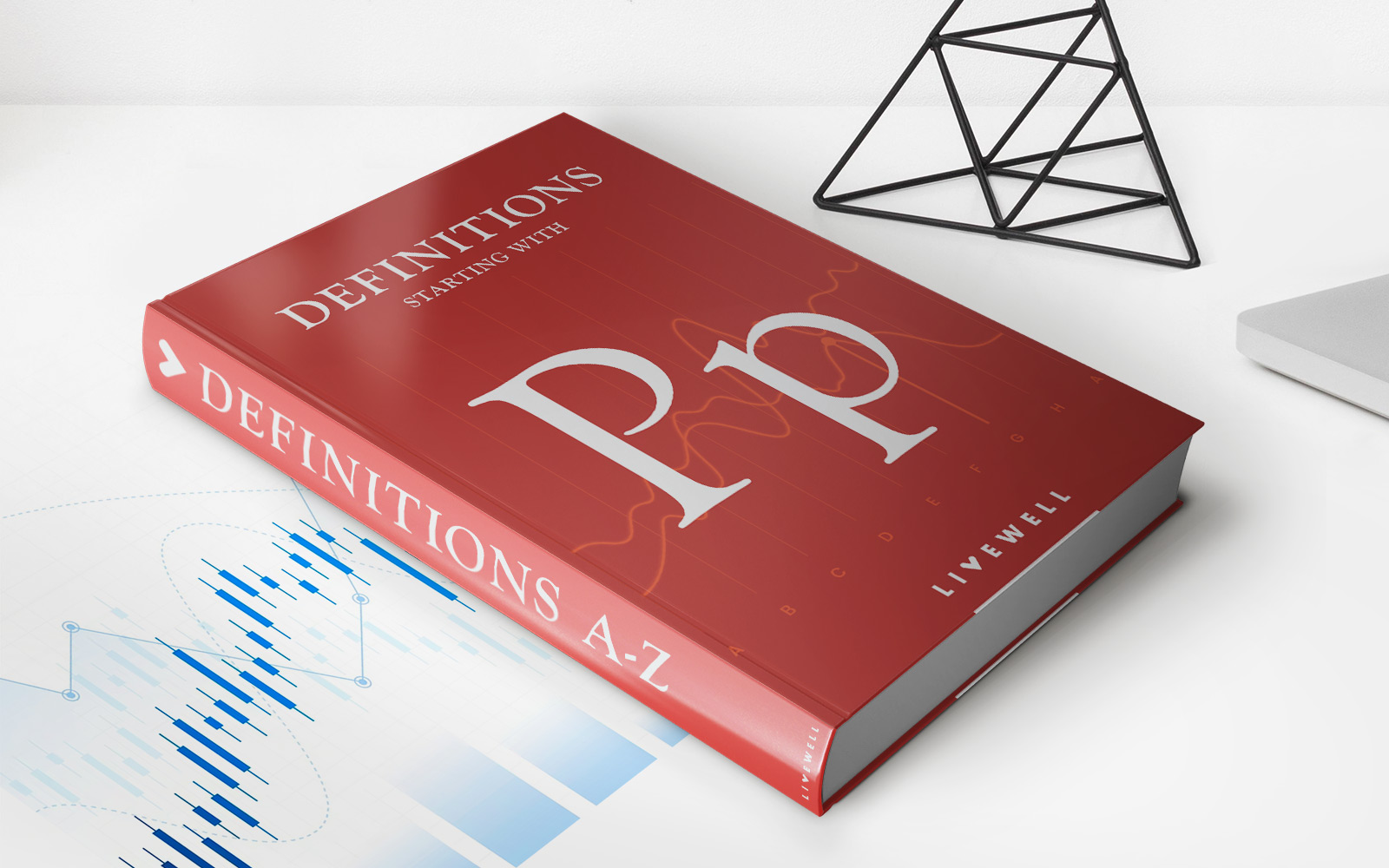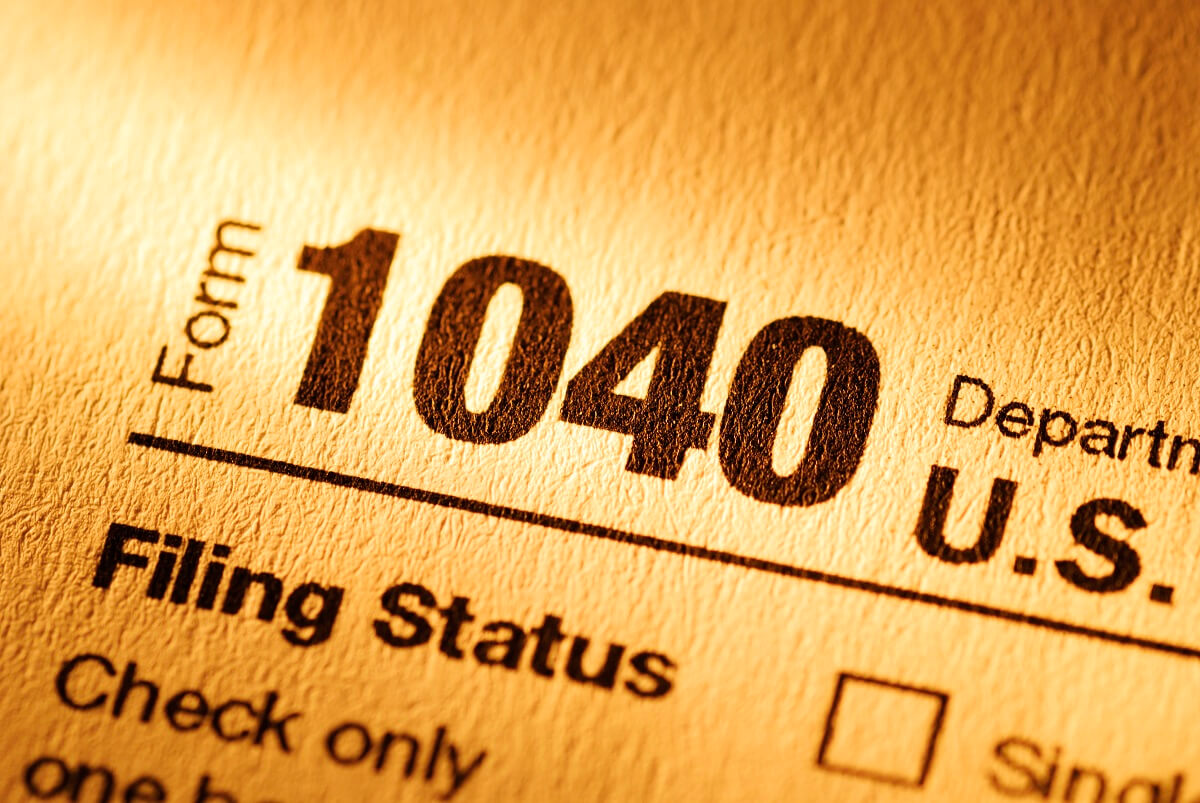Home>Finance>Marriage Penalty Definition, Who Gets Hit With It


Finance
Marriage Penalty Definition, Who Gets Hit With It
Published: December 23, 2023
Learn about the marriage penalty in finance and who gets affected by it. Understand the definition and implications of this tax issue.
(Many of the links in this article redirect to a specific reviewed product. Your purchase of these products through affiliate links helps to generate commission for LiveWell, at no extra cost. Learn more)

Understanding the Marriage Penalty
In the realm of personal finance, there are a multitude of complex concepts that individuals must navigate. One such concept is the marriage penalty. Whether you’re newlyweds or considering tying the knot, it’s essential to understand what the marriage penalty is and who may be affected by it. In this article, we’ll delve into the definition of the marriage penalty and explore who typically gets hit with it.
Key Takeaways:
- The marriage penalty refers to the situation where a married couple pays more income tax compared to if they were single.
- Marriage penalties can occur due to differences in tax brackets, phase-out ranges, and income thresholds between married filing jointly and single filers.
What is the Marriage Penalty?
The marriage penalty is a phenomenon that arises when a married couple pays more income tax compared to what they would have paid if they were single and filed their taxes separately. This financial penalty occurs due to how the tax code treats married couples.
While it might seem counterintuitive that marriage could result in a higher tax burden, it primarily stems from differences in tax brackets, phase-out ranges, and income thresholds between married filing jointly and single filers. In some cases, this can result in a substantial increase in tax liability for married couples.
Who Gets Hit with the Marriage Penalty?
Now that we understand the concept of the marriage penalty, let’s explore who typically gets hit with it:
- High-Earning Couples: The marriage penalty often affects couples who earn similar or high incomes. When both individuals in a couple earn a significant income, their combined income can push them into higher tax brackets, ultimately resulting in a higher tax liability.
- Unequal Income Distribution: In situations where one spouse earns a significantly higher income than the other, the marriage penalty may not be a concern. This is because the lower-earning spouse’s income can pull the couple back into a lower tax bracket.
- Couples in High-Tax States: The marriage penalty can be more pronounced for couples living in high-tax states. This is because state tax laws may not align with federal tax laws, creating additional tax burdens for married couples.
It’s important to note that not all married couples are affected by the marriage penalty. Some couples may even benefit from certain tax provisions designed to alleviate the penalty. Additionally, tax laws and regulations may change over time, impacting the extent and scope of the marriage penalty.
Closing Thoughts
The marriage penalty is a complex concept in personal finance that affects many married couples. Understanding its definition and who may be impacted by it is crucial for effective tax planning. By comprehending the nuances of the tax code and seeking professional advice when necessary, couples can make informed decisions to manage their tax liability more effectively.
Whether you’re preparing to say “I do” or already married, being aware of the marriage penalty is an essential step towards building a strong financial foundation for your future together.














